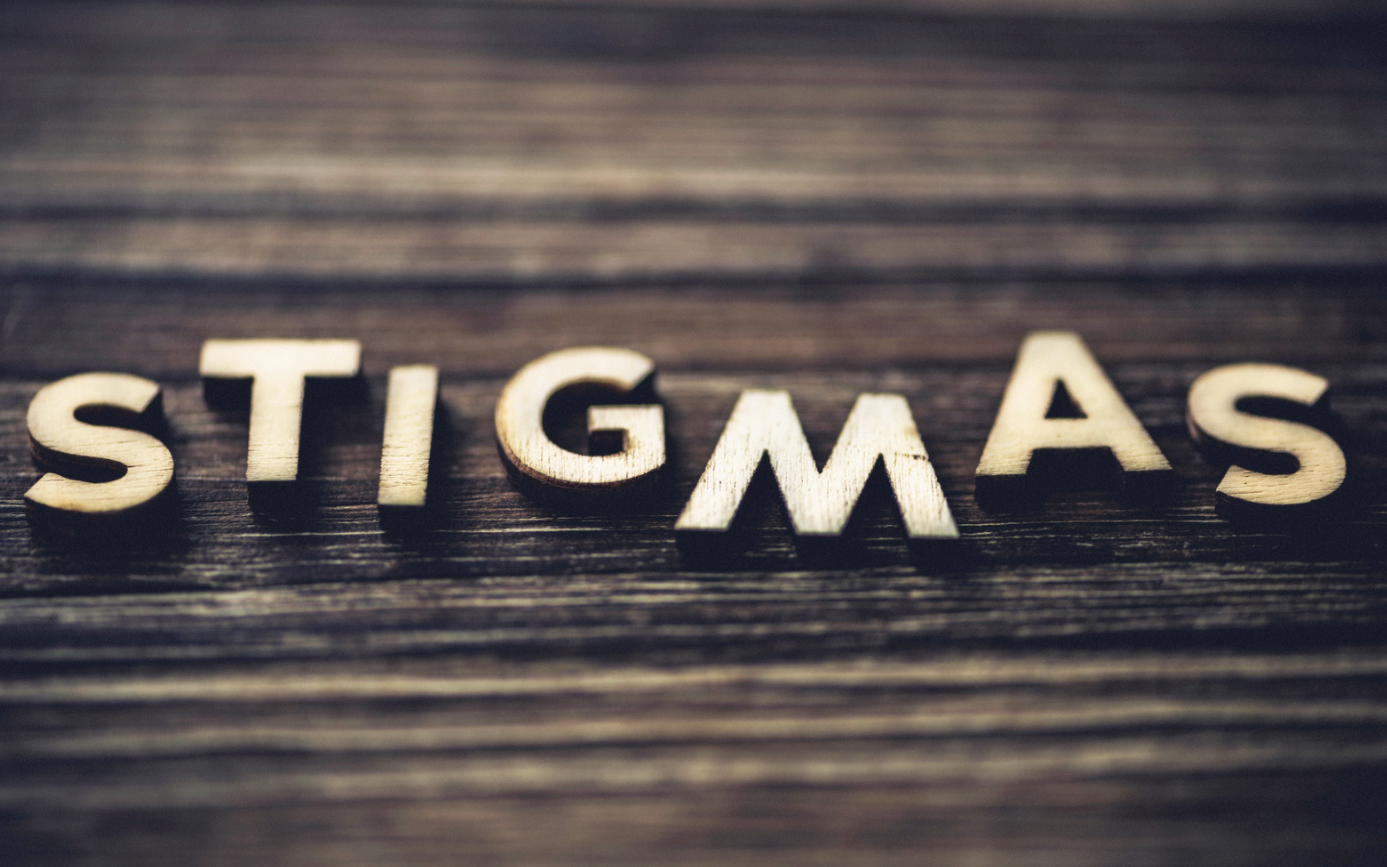Decades of misinformation and prohibition have cast a long shadow over cannabis, creating a societal stigma that conceals its true potential. This stigma, rooted in the early 20th century, followed its criminalization in the United States. A sweeping campaign of government-backed propaganda painted a disturbing image of cannabis, linking it with violence, crime, and moral decay. Using racial and class prejudices, politicians and media played a significant role in framing it as a substance that incited criminal behavior and societal disruption, while movies like "Reefer Madness" perpetuated a skewed public perception.
The stigma intensified during the mid-20th century with the enactment of strict federal laws like the Boggs Act of 1952 and the Narcotics Control Act of 1956, which mandated severe sentences for drug-related offenses, including cannabis use. The Controlled Substances Act of 1970 further embedded the negative perception, classifying cannabis as a Schedule I drug, implying high abuse potential and no medical value.
The 1960s brought about a slight shift in perceptions as the counterculture movement embraced cannabis as a symbol of peace, love, and natural healing. However, the legal and societal stigma still remained strong, and those who consumed cannabis were often marginalized.
Fast forward to today, the narrative surrounding cannabis has begun to change. Modern scientific research underscores it as a safe and effective remedy for a myriad of health conditions. This is largely due to the human body's endocannabinoid system, designed to naturally interact with the compounds found in cannabis.
Cannabis boasts over 100 cannabinoids, including Tetrahydrocannabinol (THC) and Cannabidiol (CBD). These compounds possess therapeutic properties, with THC producing a psychoactive "high", and CBD demonstrating a multitude of health benefits, such as alleviating anxiety and inflammation.
Contrary to many pharmaceutical drugs, cannabis is non-toxic and does not have a known fatal overdose limit. A significant study published in the Journal of the American Medical Association found a decrease in opioid overdose deaths in states where medical cannabis is legalized, further suggesting its potential role in combating the opioid crisis.
At Happy Hippy Haus, we believe that education is a potent weapon in dismantling the barriers erected by cannabis stigma. To this end, we offer comprehensive educational resources ranging from seminars and workshops to online courses, all aimed at enlightening the public about the benefits of cannabis and promoting its safe, responsible usage.
Complementing our educational mission, we provide an assortment of premium cannabis products devoid of harmful additives and contaminants. With offerings from CBD tinctures to pre-rolls, our aim is to facilitate an enjoyable and safe cannabis experience.
In conclusion, the time has come to overturn the long-standing stigma attached to cannabis. Persistent efforts in education and research are paramount to dispelling lingering misconceptions and fostering understanding and acceptance of cannabis not as a harmful drug, but as a plant with significant therapeutic potential. It's time we celebrate and respect the remarkable healing power of this plant.

